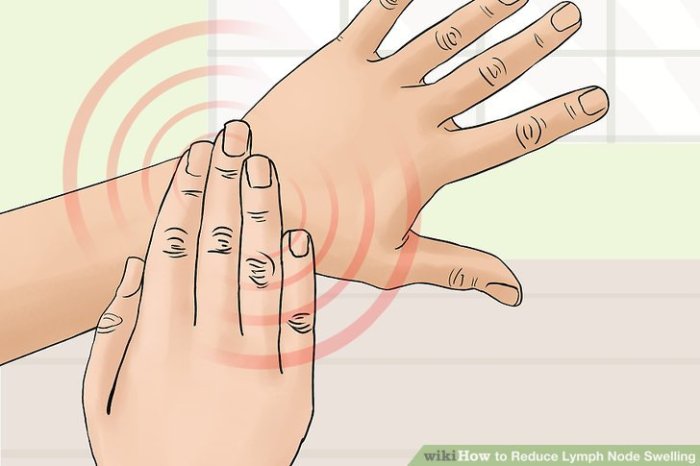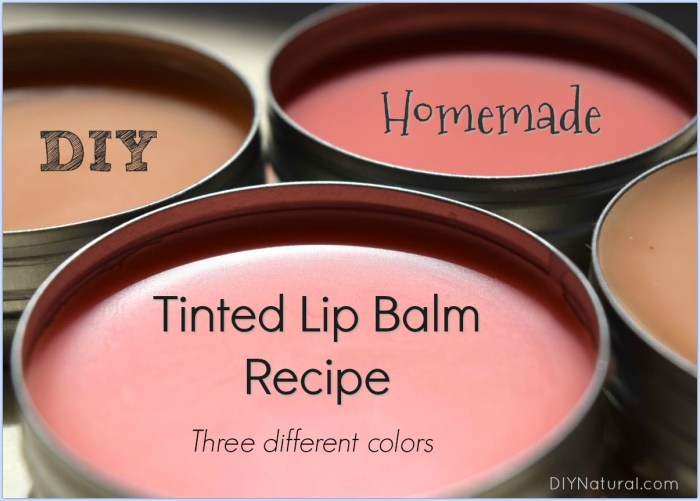DIY flower garlands offer a delightful way to infuse any space with natural charm and personalized flair. Whether you’re planning a wedding, celebrating a birthday, or simply seeking to brighten your home, crafting a flower garland allows you to express your creativity and create a unique touch that reflects your personal style.
From choosing the perfect flowers to mastering the art of arrangement, this comprehensive guide will walk you through every step of the DIY flower garland process. We’ll explore different styles, materials, and techniques, ensuring you have the knowledge and inspiration to create stunning garlands that will impress your guests and elevate any occasion.
Flower Garland Styles
Flower garlands offer a versatile and visually stunning way to adorn spaces and events. From traditional to contemporary designs, there’s a style to suit every occasion. Understanding the different types of garlands and their characteristics can help you choose the perfect one to enhance your celebration or decor.
Cascading Garlands
Cascading garlands are characterized by their flowing, downward design. They create a sense of movement and grandeur, often used to adorn doorways, archways, or tables.
- Aesthetic: Cascading garlands exude elegance and sophistication, adding a touch of drama and romance to any setting. They are particularly well-suited for formal events like weddings, anniversaries, or gala dinners.
- Suitability: Their graceful drape makes them ideal for creating a whimsical and festive atmosphere. They can be used both indoors and outdoors, adding a touch of beauty to any space.
- Examples: A cascading garland of white roses and eucalyptus leaves would be perfect for a classic wedding, while a vibrant garland of tropical flowers could be used for a summer luau.
Circular Garlands
Circular garlands, as the name suggests, are arranged in a circular shape. They are often used as centerpieces, wreaths, or decorative accents.
- Aesthetic: Circular garlands create a sense of unity and completeness. They can be simple and elegant or bold and eye-catching, depending on the chosen flowers and arrangement.
- Suitability: They are versatile and can be used for various occasions, from weddings and birthdays to corporate events and holiday celebrations.
- Examples: A circular garland of pastel-colored peonies would be perfect for a spring wedding, while a wreath of evergreen branches and red berries would be ideal for a Christmas celebration.
Single-Strand Garlands, Diy flower garland
Single-strand garlands consist of a single row of flowers strung together. They are simple yet elegant and can be used for a variety of purposes.
- Aesthetic: Single-strand garlands offer a minimalist and understated elegance. They are perfect for adding a touch of color and texture to a space without being overwhelming.
- Suitability: They are ideal for informal events, home decor, or as accents for larger floral arrangements.
- Examples: A single-strand garland of wildflowers would be perfect for a rustic wedding, while a garland of succulents would be a unique and modern touch for a home decor piece.
Unique and Innovative Designs
Beyond these traditional styles, there are numerous innovative and unique flower garland designs that push the boundaries of creativity.
- Geometric Garlands: Garlands incorporating geometric shapes, such as triangles or squares, add a modern and abstract touch to the design.
- Layered Garlands: Garlands with multiple layers of flowers, foliage, and other elements create a sense of depth and texture.
- Asymmetrical Garlands: Garlands that break away from traditional symmetry can be bold and eye-catching, adding a touch of whimsy and individuality.
Decorative Elements
Adding decorative elements to your flower garland is a great way to personalize it and add a touch of extra flair. These elements can enhance the overall look and feel of your garland, creating a more cohesive and visually appealing piece.
Examples of Decorative Elements
Decorative elements can be incorporated into flower garlands to enhance their appearance and create a unique style. Here are some common examples:
- Ribbons: Ribbons can be used to create a flowing, elegant look, adding color and texture to the garland. They can be tied around the flowers or woven through the garland for a more intricate design.
- Beads: Beads can add a touch of sparkle and whimsy to your garland. They come in a wide variety of colors, sizes, and materials, allowing you to choose the perfect beads to complement your flowers.
- Foliage: Incorporating different types of foliage, such as ferns, eucalyptus, or ivy, can add depth and texture to your garland. These elements can be used to create a more natural and organic look.
- Other Elements: Other decorative elements, such as feathers, shells, or small ornaments, can be used to create a unique and personalized garland. These elements can be chosen based on the theme or occasion of the garland.
Integrating Decorative Elements
To enhance the garland’s theme and aesthetic, decorative elements should be carefully chosen and integrated. Here are some examples:
- Rustic Garland: For a rustic garland, you could use burlap ribbon, wooden beads, and sprigs of rosemary or eucalyptus. These elements will create a natural and earthy feel.
- Bohemian Garland: For a bohemian garland, you could use macrame cord, feathers, and dried flowers. These elements will create a relaxed and whimsical look.
- Elegant Garland: For an elegant garland, you could use satin ribbon, pearl beads, and white roses. These elements will create a sophisticated and refined look.
Table of Decorative Elements
This table showcases different decorative elements and their effects on the overall look of the garland:
| Element | Effect | Example |
|---|---|---|
| Ribbons | Adds color, texture, and elegance | Satin ribbon for an elegant look, burlap ribbon for a rustic look |
| Beads | Adds sparkle, whimsy, and texture | Pearl beads for a classic look, wooden beads for a rustic look |
| Foliage | Adds depth, texture, and a natural feel | Eucalyptus, ferns, ivy |
| Other Elements | Adds a unique and personalized touch | Feathers, shells, small ornaments |
Care and Maintenance
You’ve put a lot of effort into creating your DIY flower garland, and now it’s time to make sure it stays beautiful for as long as possible. Here’s how to care for your garland and extend its lifespan.
Proper Handling
Proper handling is crucial for preserving the freshness and beauty of your flower garland. Flowers are delicate and can be easily damaged, so it’s essential to handle them with care.
- Avoid squeezing or crushing the flowers.
- Be gentle when adjusting the garland, and ensure the flowers are not bent or broken.
- When moving or transporting the garland, hold it securely to prevent accidental drops or damage.
Storage and Display
Proper storage and display are essential for extending the life of your flower garland. Here are some tips:
- Store the garland in a cool, dry place away from direct sunlight. Direct sunlight can cause the flowers to fade and wilt quickly.
- Consider using a vase or container to display the garland. This will help keep the flowers hydrated and prevent them from drying out.
- If storing the garland for an extended period, consider using a flower preservative solution to help maintain the flowers’ freshness.
Harsh Conditions
Avoid exposing your flower garland to harsh conditions that can damage the flowers.
- Extreme temperatures, whether hot or cold, can cause the flowers to wilt and lose their vibrancy.
- Humidity can also be detrimental, as it can lead to mold and mildew growth.
- Avoid placing the garland in areas with high levels of dust or pollutants, as these can also damage the flowers.
Safety Considerations: Diy Flower Garland
Crafting a flower garland is a delightful activity, but it’s important to prioritize safety while working with sharp tools and delicate flowers.
This section will highlight potential hazards and provide safety tips to ensure a safe and enjoyable crafting experience.
Using Sharp Tools Safely
Using sharp tools like scissors, wire cutters, or floral shears requires careful handling to prevent accidents.
- Always use sharp tools on a stable surface to prevent slipping and potential injuries.
- Keep your fingers away from the blades when cutting, and use a cutting mat or other protective surface to prevent damage to your work area.
- Store sharp tools safely away from children and pets when not in use.
Handling Delicate Flowers Safely
Flowers can be fragile and susceptible to damage during handling.
- Handle flowers gently to avoid bruising or breaking the stems.
- Use a sharp knife or floral shears to make clean cuts at an angle to maximize water absorption.
- Avoid squeezing or crushing the flower heads, and use a light touch when attaching them to the garland base.
General Safety Tips
- Always wear safety glasses when using sharp tools to protect your eyes from flying debris.
- Work in a well-lit area to ensure visibility and prevent mistakes.
- Keep your workspace clean and organized to avoid tripping hazards.
- Wash your hands thoroughly after handling flowers and tools to prevent allergies or infections.
- If you have any allergies to flowers or crafting materials, take precautions to avoid contact or wear appropriate protective gear.
With a little creativity and a touch of patience, crafting DIY flower garlands can be a rewarding experience that allows you to create beautiful, personalized decorations for any occasion. Embrace the joy of crafting, experiment with different styles and materials, and let your imagination run wild as you bring your floral visions to life.
DIY flower garlands are a beautiful way to add a touch of nature to your home or event. While creating these vibrant decorations, it’s important to be mindful of any potential skin sensitivities. If you’re concerned about reactions, you might want to research medications like acitretin , which is used to treat certain skin conditions. Once you’ve addressed any potential concerns, you can confidently create your own unique and eye-catching flower garland.



